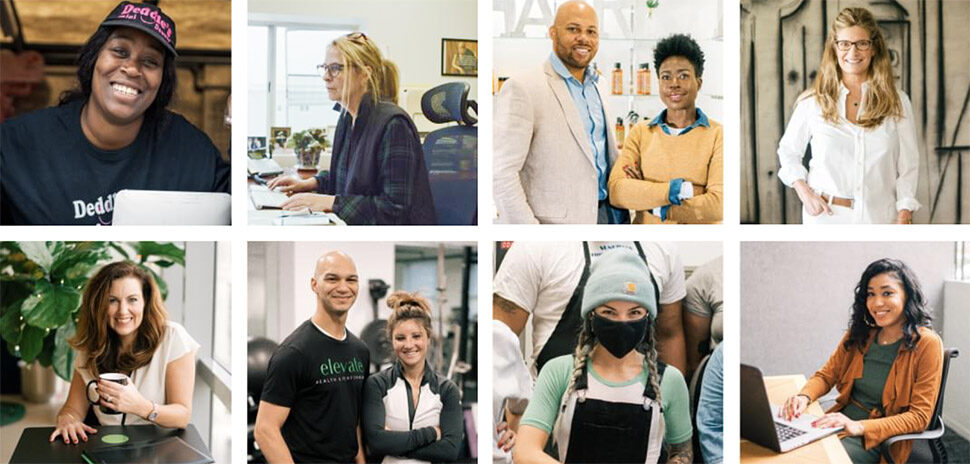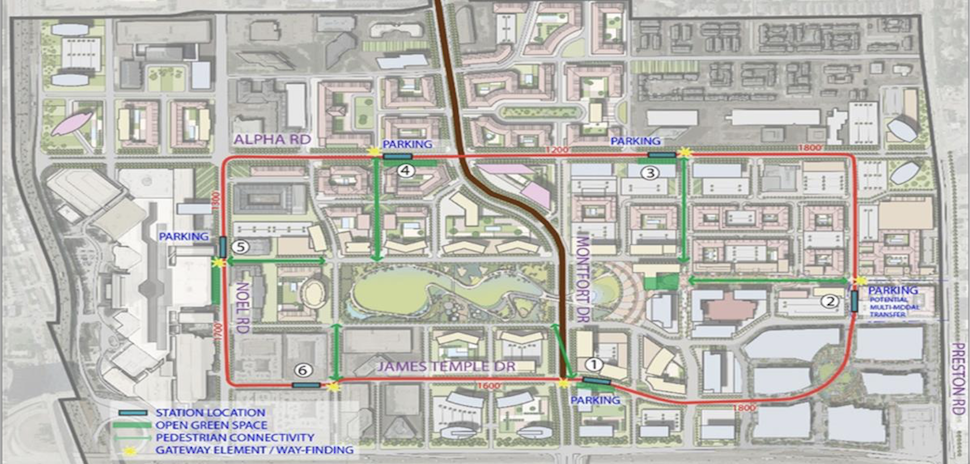COVID-19 presented a Catch-22 to institutions of higher ed across the nation: Should they continue in-class sessions and risk spreading the virus, or close down until the pandemic subsides?
Dallas County Community College District chose a third option, which amounted to a Herculean technological workaround in a short time span.
In a single week, the district of 80,000-plus students toggled from a brick-and-mortar operation to a 100-percent online institution of higher ed.
District Chief Innovation Officer Tim Marshall said it was no small feat moving the entire district online. Prior to COVID-19, about 40 percent of the district’s students had taken at least one online course while enrolled, according to district information.
“We had to rapidly convert thousands of course sections from face-to-face to online, including configuring our online Learning Management System to allow more than 60,000 students and hundreds of faculty to transition,” he wrote in an email to the Dallas Regional Chamber. “Part of the transition was training more than 200 faculty who had very little experience in the systems and methods of online instruction, in just one week.”
Virtual classroom instruction
The college district is primarily using the Blackboard online system for its virtual classroom instruction.
The district is still working with a small percentage of teachers and students to create a seamless transition.
“There are some remaining hurdles, attempting to get adequate technology in the hands of some faculty and students while citizens are asked to shelter in place,” he wrote. “This is compounded by the lack of available technology resources in the short term. Laptops and other remote equipment can take weeks to deliver and distribute.”
District Chancellor Dr. Joe May said the decision to continue classes online, rather than shutting down, was based on prior experience where students experienced interruptions in education.
“We are looking at it through the lens of the student,” May said. “Many students, we know through unfortunate history, if they (experience) a gap in their education, many won’t come back.”
A new normal in education?
May, who had served as a head of a community college in Baton Rouge, has ridden out hurricanes, and he said the COVID-19 pandemic gives him a similar feeling. That experience helped prepare his thinking for what was next —but that’s where comparisons stop.
“An event like this (COVID-19) is fundamentally different,” he said. “A hurricane is limited geographically. Yeah, you might have been out of water and toilet paper at your location, but the Walmarts and Sam’s Clubs in Dallas have them,” he said.
May indicates the district will eventually resume in-person classes when the pandemic ends, but he believes that online learning will be a stronger component of the district’s learning model moving forward.
A version of this story appears on the Dallas Regional Chamber website.
![]()
Get on the list.
Dallas Innovates, every day.
Sign up to keep your eye on what’s new and next in Dallas-Fort Worth, every day.




























